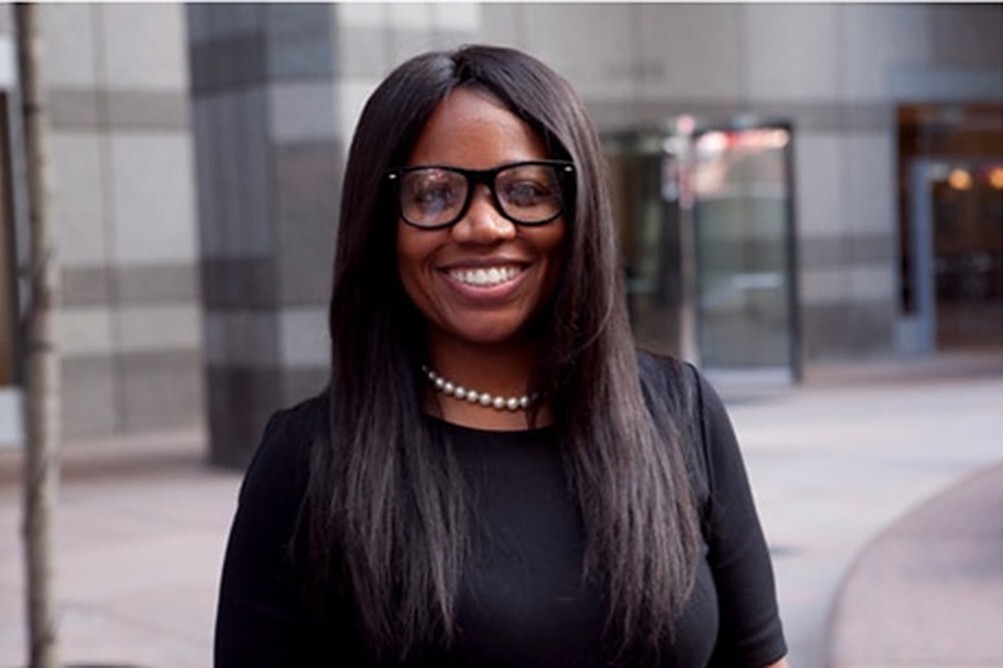Growing up, Ayesha Selden knew what it meant to struggle. Raised by a single mother on Philadelphia’s notorious South Side, Selden saw the ravages of crime, poverty, and circumstances that most people would consider “hopeless.”
But when she was 18 years old, her mother sold the home she grew up in — a move that Selden says they would live to regret. “I had a feeling that home would be worth a lot of money one day,” she told 21Ninety exclusively. “In 1997, she sold the home for $35,000 — mostly because she was afraid that she wouldn’t find a ‘good’ tenant, and she figured she’d get out while she could. But today, do you know what that house is worth? Somewhere in the $500,000 to $600,000 range.”
This tale of gentrification — the process of displacing the poor, often Black or LatinX, population in an urban community under the guise of “improving businesses” and “increasing real estate values” —is certainly nothing new. According to US News & World Report, more than 135,000 people were displaced by gentrification between 2000 and 2012. Of the United States’ twenty most gentrified cities, California has five of them — San Francisco-Oakland, San Jose, Sacramento, San Diego, Los Angeles — and it goes without saying those disproportionately affected by gentrification are Black men and women.
Folk look at me crazy for talking nonstop, on Al Gore’s internet, about Black wealth. I had never seen this quote before. I’ll be back tomorrow to talk more sh*t 🦍 pic.twitter.com/4fNQWHkKIg
— Ayesha (@AyeshaSelden) April 5, 2021
Ayesha Selden is acutely aware of the meaning behind all of this. After all, she experienced it firsthand, and it’s something she looks to take a stand against in her line of work and through her own educational efforts.
“I am well aware of everything that Black people are up against when they enter the world of investing,” she said. “And that’s why my mission is to take a ‘for us, by us’ stance in my work, in my way of educating people, in my way of doing business on a daily basis. As a real estate developer, I take a hands-on approach, so my costs are relatively low compared to a conglomerate investor. While I may not make as much money as the conglomerate investor, I take pride in knowing that I can keep real estate — the number one driver of wealth in America — in the hands of the Black people who initially owned it.”
Real estate ownership, though, is only one piece of the giant puzzle. Selden, who saved $67,000 of her own money to buy her first real estate investment, and today has a portfolio that’s valued well into the millions, frequently takes her wisdom to Twitter. This is where her no-nonsense, down-to-earth approach to financial advice has earned her the nickname “Wealth Twitter’s Favorite Auntie.”
A private wealth advisor, she also has written a book, Mud 2 Millions, where she shares her “Seven Cheat Codes” to financial success and believes that everyone, no matter their background, can do what she’s done.
“Black people are still feeling the fallout from such practices as redlining and gentrification,” she said. “To the point that they’re afraid of such things as their homes gaining value. We need to, collectively, not be afraid of that. We cannot be afraid of being wealthy. We need to normalize Black wealth, and more importantly, we need to educate ourselves on how to retain that wealth and pass it down to our children…to create generational wealth, what’s eluded us for so long.”
Editorial note: Portions of this interview have been edited and condensed for clarity.
